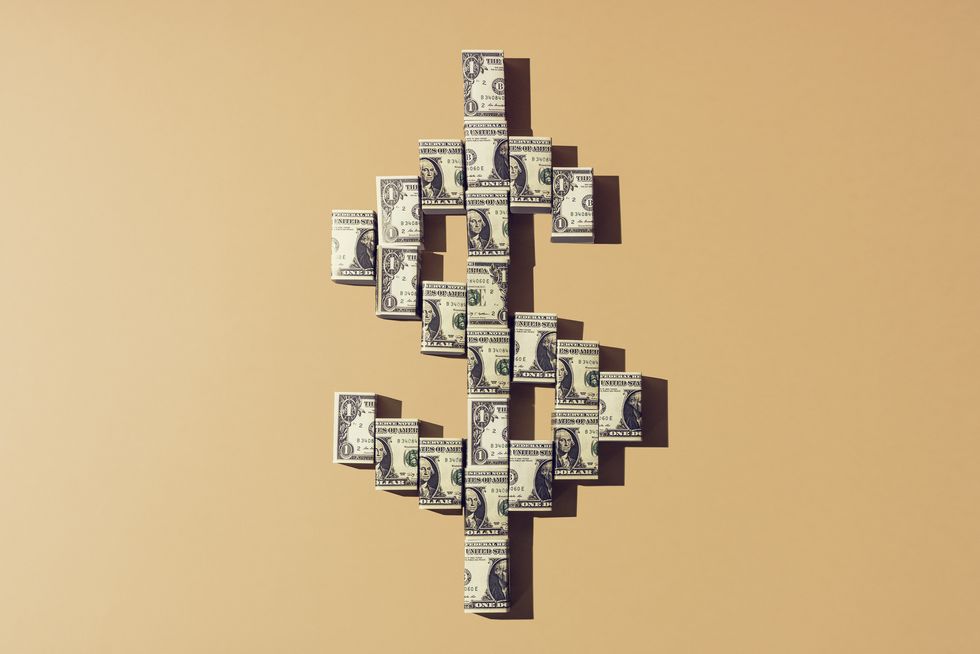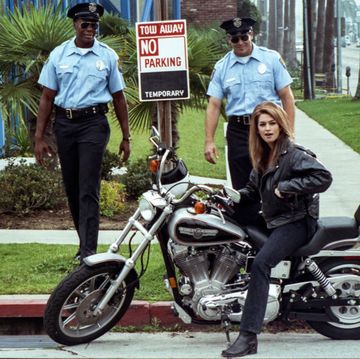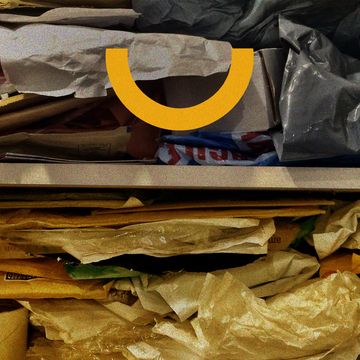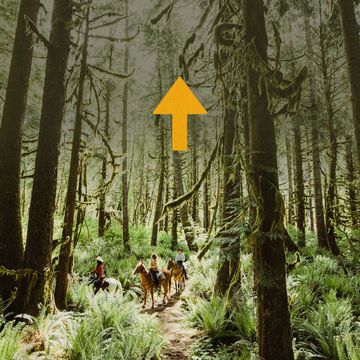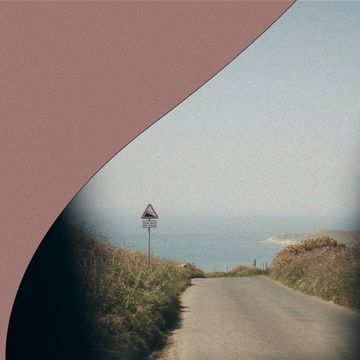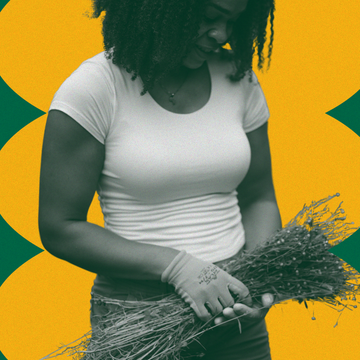To someone feeling down on their luck, it can certainly seem as if good fortune is something mystical — beyond their control — that favors a fortunate few more often than others.
As mere humans at the mercy of where and what we’re born into, there’s no doubt that some are inherently more fortunate than others. But is luck something that actually comes from the great beyond? Or is it some level of luck we can conjure for ourselves at will? Can we make our own luck by working hard and being prepared for opportunities? Or is being lucky more about how we look at things?
Experimental psychologist Richard Wiseman is considered one of the foremost researchers on luck. According to his website, he examined both lucky and unlucky people over a 10-year period and found getting lucky involves:
- The ability to maximize chance opportunities
- Listening to your gut and trusting your instincts
- Expecting to be lucky, or maintaining a positive outlook
- The wherewithal to turn unlucky situations around
After Shondaland spoke with a few other individuals who have taken the time to figure out how luck happens and what we can do to perpetrate it, we realized that Wiseman is really onto something.
Luck can be an attitude
Steven D. Hales, a professor and chair of philosophy at Bloomsburg University of Pennsylvania and the author of The Myth of Luck: Philosophy, Fate, and Fortune, conducted a study to determine whether there is a relationship between having an optimistic disposition and the attribution of good or bad luck to ambiguous luck scenarios.
“The study indicates a lot of luck has to do with your outlook,” says Hales. “If you look around on the internet and look at lists of the world’s luckiest people or the unluckiest people, sometimes you find the same people on both of those lists.”
Hales gave the example of Japanese naval engineer Tsutomu Yamaguchi, a man sent by Mitsubishi to Hiroshima on a business trip in 1945, only to survive the atomic-bomb blast. Though injured, Yamaguchi returns home to Nagasaki, goes back to work, and is telling his boss what happened when another bomb drops — and he survives again to eventually die at the old age of 92. “The guy got nuclear bombed twice — if there’s something more unlucky than that, I don’t want to know about it,” says Hales. “But, at the same time, he survived the nuclear bomb twice and has got to be the luckiest guy in the world. Whether he’s lucky or unlucky has to do with your own personal attitudes about optimism and pessimism.”
Thus, Hales says, being lucky or unlucky is just a matter of how we see things, and we make our own luck with a perspective on our experience that we interpret as lucky. “This is very independent of the things that actually happen to us,” he says. “If you look at studies of gambling addiction, you might think, as a non-gambling addict, that hitting a jackpot is a very lucky event. To gambling addicts, it doesn’t even matter because all they’re looking for is another way to stay in the game longer. They don’t care about the winning , which seems very strange to me, and probably to you.”
Luck can be about the recognition of opportunity
Christian Busch, author of The Serendipity Mindset: The Art and Science of Creating Good Luck, wrote an article for the Harvard Business Review about how to create your own career luck. He also believes we have more of a hand in our ability to create luck than we might think. “We typically think of luck as a random event that just happens to us and that we have no control over, but there’s another type of luck that the most inspiring and successful people that we studied share — smart, active luck, also known as serendipity,” Busch says, adding he believes the ability to create and recognize serendipitous situations can be taught, coached, and created.
Busch believes our ability to embrace these unexpected moments is the foundation to creating our own luck. “Serendipity is the hidden force in the world, and it is present all around us, from the smallest day-to-day events to life-changing, and sometimes world-changing, breakthroughs,” he says. “Think about how you might have ‘unexpectedly’ met your soul mate, how you ‘unexpectedly’ found your cofounder, or how you ‘unexpectedly’ ended up in your new job. Often, it was not just about a particular moment in time — you had to see something in that moment, and do something with it.”
Janice Kaplan, a writer, magazine editor, keynote speaker, and the author of many books, including How Luck Happens, explains she found there are three strands to luck: one being random chance, the second being talent and hard work, and the third being the ability to “zig when others zag,” or, similar to Busch’s point, to see opportunities and recognize possibilities when others might not and tweaking your actions as a result to make the most of that situation.
To get lucky, Kaplan says it helps to stay attentive to opportunities and be prepared for anything that may come your way. “You need to be willing to try the unexpected and be optimistic and positive because then you are able to get a different perspective where you can really see what’s ahead. If you believe that you’re going to be able to do something and give yourself the opportunity to see what’s out there, it’s not going to work the first time every time, but it is eventually going to pay off.”
Luck is where preparation and opportunity meet
Serendipity is about seeing what others don’t and turning those observations into opportunities, Busch says. “Most successful people have a story that got them where they are, and that story typically involves some chance encounters and luck. However, it was also acting on chance encounters that made these successful people ‘lucky.’ So, in a way, this old idea that success is about either hard work or luck is a wrong dichotomy — these people worked really hard to get lucky,” he says, adding that serendipity isn’t just about making accidents meaningful — it’s also about creating meaningful accidents. Once we realize that serendipity is not just about a coincidence but the process of spotting and connecting the dots to make the most of that coincidence, he says, “we start to see bridges where others see gaps.”
In creating your own luck, Kaplan mentions the virtues of “weak ties” — those incidental connections that can ever so gradually lead to opportunities when you least expect it. “People are always thinking somebody’s going to give them a lucky break, or something is going to come along and be a lucky break. Lucky breaks are generally less obvious than you think. It helps to think about a lucky break in very small terms — like that old doubling the penny idea. If I offer you a penny today that doubles every day or I offer you a million dollars, which would you take? Most people take the million dollars, but, start figuring out the math, and the doubling penny can be worth 10-million dollars. It’s a reminder that a lucky break often isn’t that huge and cataclysmic event but is something that starts small, and you make it lucky by grabbing it and by letting it grow,” she says.
Luck takes work
In line with this thinking, Busch says preparing “serendipity hooks” and planting “serendipity bombs” can help lay the groundwork for opportunity to knock:
- When someone asks what you do, mentioning a few of what he calls “potential serendipity triggers,” like a passion, an interest, or a hobby, along with your short-answer job description, gives the person asking more opportunities to relate to some aspect of your answer.
- Plant “serendipity bombs,” or containers of potential opportunity, by writing speculative emails to people you admire or are interested in connecting with. Send them an honest email on how they have already shaped your life and how you would want them to be part of your journey. Busch recommends trying no fewer than five.
- If you live in a city with a university or local library, go to one public event per month. Prepare a question to ask the speaker, ideally at the Q&A after the talk. This will make it easier for you to connect with the speaker later and see if you can stay in touch.
Another way Kaplan says you can make yourself lucky is by staying open to opportunities that best align with your abilities and values. “Over and over again, I found people got lucky by choosing not to follow a standard path. They were willing to say, ‘I believe in this, and I don’t care what everybody else thinks.’ It’s those new paths that are going to lead to something new and unexpected,” she says.
Busch says it can be a challenge to “flex your serendipity muscles” if your inner saboteur plagues you with feelings of inadequacy. “All of us have lots of biases that hold us back from having more serendipity in our lives,” he says. “Similar to muscle memory, we have patterns that we need to unlearn in order to be able to truly move forward,” he says. To build these muscles, he recommends logging moments of serendipity in a journal, and taking note of moments when we would have acted differently, and identifying underlying patterns.
Overall, the consensus is that shifting your concept of luck to something more empowering can only make you luckier — and, like sleep, luck begets luck. “We shouldn’t think of luck as a onetime phenomenon,” Kaplan says. “You want to make a lucky life — you don’t want to just make a lucky moment. Something that’s going to make you happy and not just get through this one moment. That may be a nice way to look at it.”
Vivian Manning-Schaffel is a multifaceted storyteller whose work has been featured in The Cut, NBC News Better, Time Out New York, Medium and The Week. Follow her on Twitter @soapboxdirty.
Get Shondaland directly in your inbox: SUBSCRIBE TODAY


